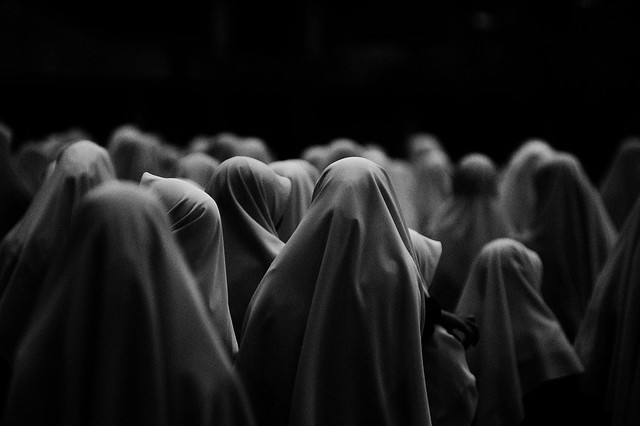Of
the natural or moral law, St. Paul
wrote: “the demands of the law are
written in their hearts” (Romans
2:15). Indeed, that man should “do
good and avoid evil” is self-evident to anyone endowed with reason. Natural
law gave birth to what is known as natural or human rights. It’s a key element
in the creation of the United Nations; its truth makes possible for people from
different countries, cultures, ideologies, and religions to come together for a
common good.
Man-made
laws are valid only if they conform, and not conflict, with the natural law.
And,
as with man-made laws, we can also choose not to obey the natural law – to our
own detriment. To
illustrate, consider the following example:
Alcohol
consumption in moderation is acceptable and may even be beneficial health-wise;
that being said, drunkenness is wrong and against the natural law, since,
besides being harmful to one’s health, it also impairs one’s reasoning which is
required for moral discernment. Initially, the penalty for the night’s
intoxication is “only” the next day’s
hangover. However, the penalties only get worse should one continue a lifestyle
of alcohol abuse; it is common knowledge that alcoholics sooner or later suffer
serious health problems and personal/social relationships issues.
Once
again, this illustration makes perfect sense within the Christian religious
framework, for to disobey the natural law is to sin and “the wages of sin is death” (Romans 6:23). In light of this, we can conclude that the natural law is “written
in our hearts” for our own good. As
C.S. Lewis wrote:
“In
reality, moral rules are directions for running the human machine. Every moral
rule is there to prevent a breakdown, or a strain, or a friction, in the
running of that machine.”
Therefore, when we’re
in disharmony with the natural law, we’re harming ourselves; and when we choose
sin, we choose death.
- Introduction
- Christian Morality
- The Conscience
- The Natural Law

